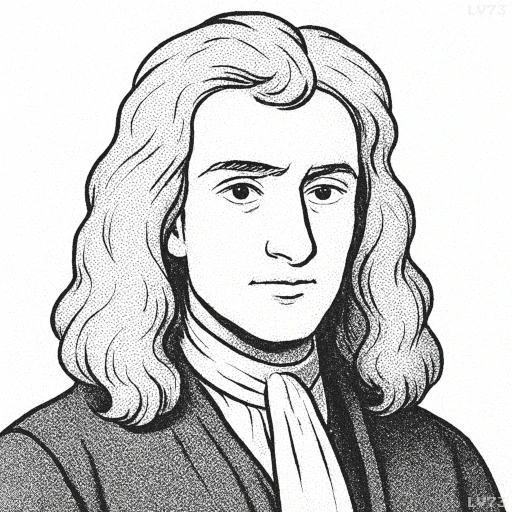“A man may imagine things that are false, but he can only understand things that are true, for if the things be false, the apprehension of them is not understanding.”

- January 4, 1643 – March 31, 1727
- Born in England (UK)
- Natural philosopher, mathematician, physicist, astronomer, theologian
table of contents
Quote
“A man may imagine things that are false, but he can only understand things that are true, for if the things be false, the apprehension of them is not understanding.”
Explanation
In this quote, Isaac Newton makes a distinction between imagination and understanding. He acknowledges that while a person can imagine things that are not true—false ideas, fantasies, or illusions—true understanding can only be achieved when the object of thought is grounded in truth. For Newton, understanding is a process that requires the accurate perception of reality. If an idea is false or disconnected from the truth, then the mental process of apprehending that idea cannot be considered genuine understanding. In other words, true understanding involves grasping the nature of things as they truly are, not as they might appear in our imagination or distorted thinking.
Newton’s emphasis on the need for truth in understanding reflects his broader approach to science. His scientific method was based on careful observation, empirical evidence, and the application of mathematical reasoning to uncover the laws of nature. For Newton, science was not about speculation or fancy ideas detached from reality; it was about understanding the true workings of the universe through direct interaction with the natural world. His method relied on experiments, mathematical proofs, and logical reasoning to ensure that conclusions were based on truth rather than on false assumptions or theoretical fantasies.
In modern terms, this quote speaks to the importance of critical thinking and rational inquiry in both science and philosophy. Understanding is not about simply imagining possibilities but about testing those possibilities against objective reality. Newton’s insistence on truth as the foundation of understanding remains a cornerstone of scientific and intellectual work today. It reminds us that true knowledge can only be built on the foundation of what is real and verifiable, and that false beliefs or misconceptions cannot form the basis of true understanding.
Would you like to share your impressions or related stories about this quote in the comments section?
